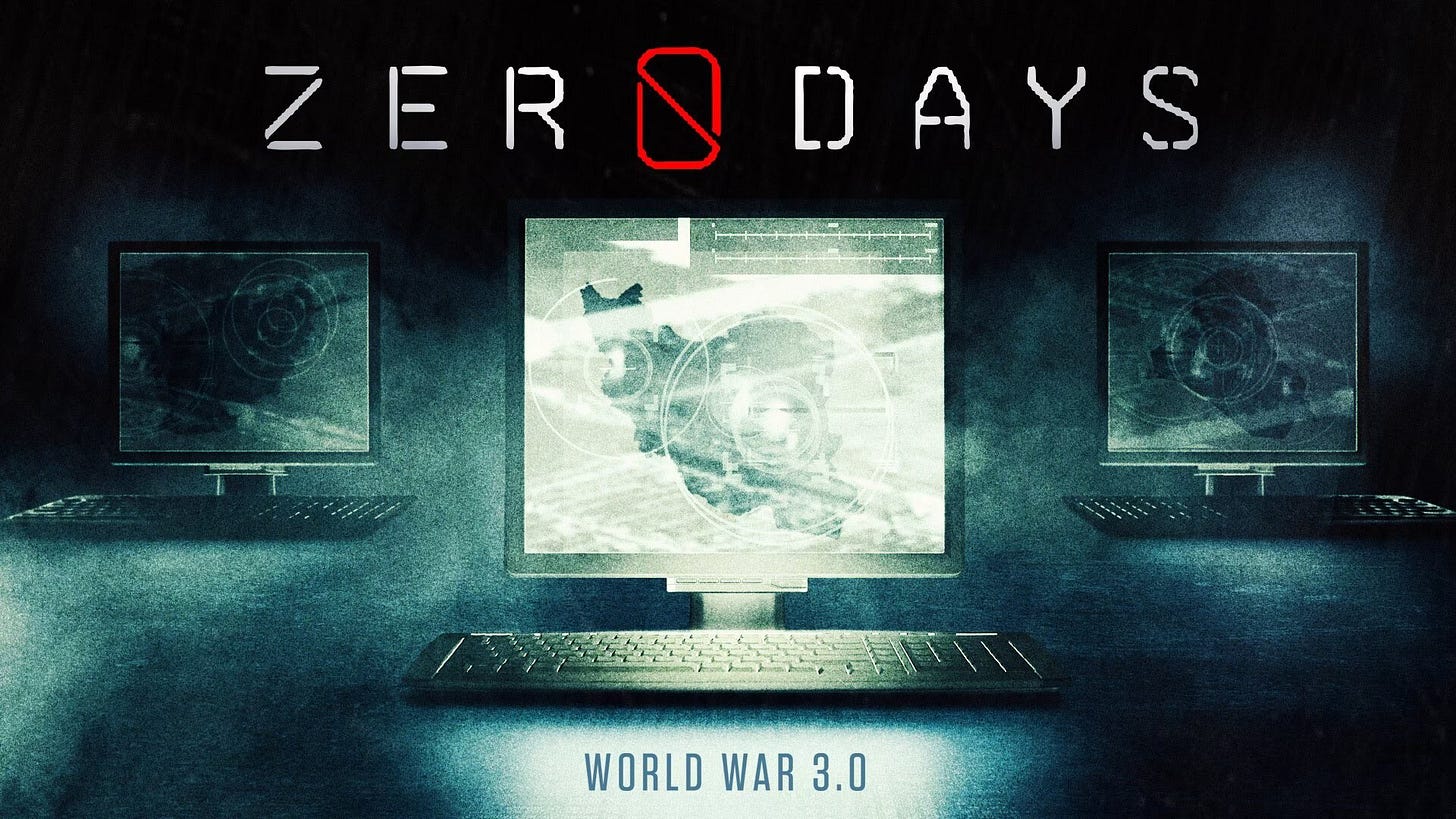New in SpyWeek
A Moscow diplomats hack, CIA Black Swan predictions, U.S.-China spy wars and deciphering a code in an 1880s dress, lead the week.
Welcome to SpyWeek, our new weekly newsletter, where we look at news from the intersection of intelligence, foreign policy, and military operations.
Moscow Hack: The iPhones of workers in diplomatic missions and embassies inside Russia were penetrated by a highly sophisticated “zero day” exploit, according to security researchers. What’s being called possibly the most sophisticated phone exploit ever attacked several thousand iPhones, some of which belonged to diplomatic personnel “including countries of the NATO bloc and the post-Soviet space, as well as Israel, SAR [Hong Kong], and China,” according to Russia’s FSB, the successor of the Soviet KGB. Researchers at Kaspersky, the Moscow-based maker of computer antivirus software, recently detailed the exploit that employed an eye-popping four zero days, hard-to-find vulnerabilities that allowed secret infiltrations of iPhones without the owner even realizing it.

“This is nation-state stuff, absolutely crazy in its sophistication,” security expert Bruce Schneier says. (Four zero days were also found in Stuxnet, the joint U.S.-Israeli cyberweapon that targeted Iran’s nuclear centrifuges.) The FSB blamed the U.S. National Security Agency, which did not respond to a request for comment. The FSB even went so far as to accuse Apple of colluding with the NSA, which Apple denied. "We have never worked with any government to insert a backdoor into any Apple product and never will," an Apple spokesman tells SpyWeek. Apple says that the vulnerabilities were fixed in June and July after Kaspersky made the phone maker aware of the problem. There are no indications that the exploit has compromised devices running versions of the iPhone operating system distributed from September of 2022 to the present, Apple says.
Target Hamas: America’s spy agencies have raised Hamas to a Level Two intelligence priority, clearing the way for additional funding for stepped-up intelligence collection. The New York Times reported that the shift in priority has also opened up new money for the CIA to develop human sources, but that will take time. Before its October 7 attack, Hamas was a Level Four priority, and the United States relied on Israel for intelligence on Hamas. Today, only China, Russia, North Korea, and Iran—international adversaries that could pose a more direct threat to the United States—are higher Level One priorities than Hamas. The shift in priorities comes as a U.S. intelligence task force formed after October 7 is collecting intelligence on senior Hamas leaders and the location of hostages. The intelligence gathered by the task force is being shared with Israel, the Times reported.
Black Swans: The predictions are grim: 2024 will be a year marked by disinformation and terrorism. Billions of people will vote in more than 80 elections scheduled to take place around the globe, The New York Times writes, setting the stage for what one expert called ”a perfect storm of disinformation.” Last year saw an uptick in terrorist attacks, culminating in Hamas’s October 7th attack on Israel, which suggests the violence will continue and perhaps grow, Lawfare writes. But that’s the conventional wisdom. It’s not necessarily wrong, but it’s based on recent events. Intelligence analysts need to be on the lookout for the unexpected, seemingly unlikely, but entirely possible events that change the course of history (and get CIA personnel called in to work on a weekend morning).



